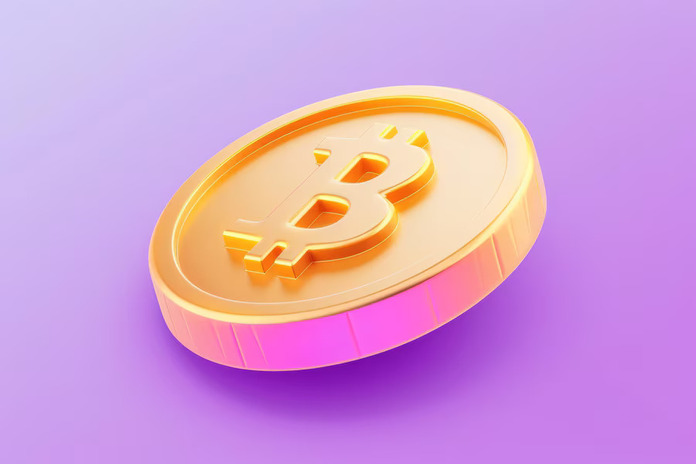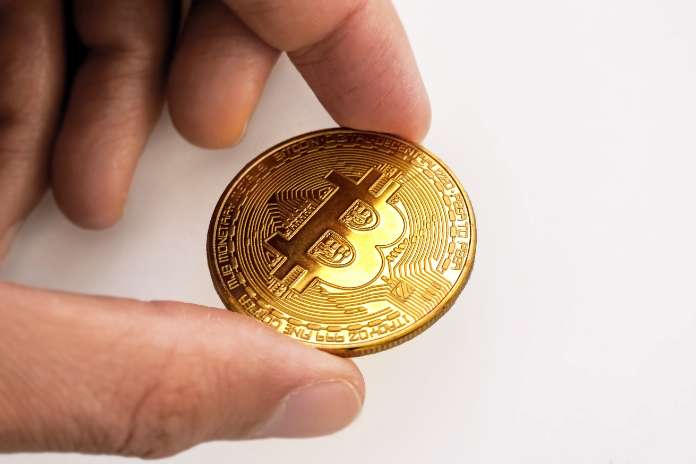Uniswap Surpasses $2 Trillion in Lifetime Trading Volume, Challenging Leading Centralized Exchanges

Uniswap, the premier decentralized exchange (DEX), has achieved a remarkable milestone by reaching $2 trillion in total trading volume as of 11:55 a.m. UTC on April 5, according to insights from a Dune Analytics dashboard maintained by Zach Wong, the strategy and operations lead at Uniswap. This significant volume includes transactions conducted on several blockchains that support Uniswap, such as Ethereum, Polygon, Optimism, Arbitrum, Celo, BNB Chain, Base, Blast, and the Avalanche Network.
Uniswap’s Rapid Growth: Achieving the Second Trillion in Record Time
Since its inception in November 2018, Uniswap initially required 42 months to hit the $1 trillion trading volume mark by May 2022. Impressively, the platform managed to secure its second trillion in trading volume in under 24 months thereafter, demonstrating robust growth despite increasing competition within the decentralized exchange landscape.
In the past week alone, Uniswap has reported a staggering $21.6 billion in trading volume, as per a Dune Analytics dashboard by Fredrik Haga, a co-founder of the platform. This places Uniswap at the forefront of the DEX market, far ahead of its closest competitor, PancakeSwap, which recorded $9.6 billion in trading volume. Other DEXs such as Curve, Balancer, and Trader Joe also feature prominently, with trading volumes ranging between $800 million to $1.8 billion.
Challenging Centralized Exchanges
Uniswap’s record-breaking transaction volume positions it as a formidable competitor to centralized exchange giants like Binance and Coinbase (NASDAQ:COIN). Data from The Block illustrates that while Binance continues to experience higher trading volume peaks, Uniswap has showcased consistent growth and an increasing trust among traders in decentralized finance (DeFi) solutions.
Notably, in early 2024, Uniswap’s trading volume witnessed a significant increase, narrowing the gap with Coinbase’s volume and occasionally surpassing it. This trend underscores a broader shift among investors towards platforms that facilitate direct, wallet-to-wallet trades and offer enhanced control over personal assets.
The peak in Uniswap’s trading volume, especially around March 2024, indicates that during periods of heightened market activity, traders are progressively opting for DEXs over their centralized counterparts as reliable trading venues.
A research study conducted last year further highlighted Uniswap’s competitive edge, revealing that it possesses deeper liquidity for several key cryptocurrency trading pairs than even the largest centralized exchanges, including Binance and Coinbase. On the popular trading pair of Ethereum against US dollars (USD), Uniswap was found to have twice the liquidity of both Binance and Coinbase. Moreover, for the Ethereum against Bitcoin trading pair, Uniswap’s liquidity was three times that of Binance and an impressive 4.5 times that of Coinbase, showcasing its substantial market presence and trader preference.
Featured Image – iStock Photos



